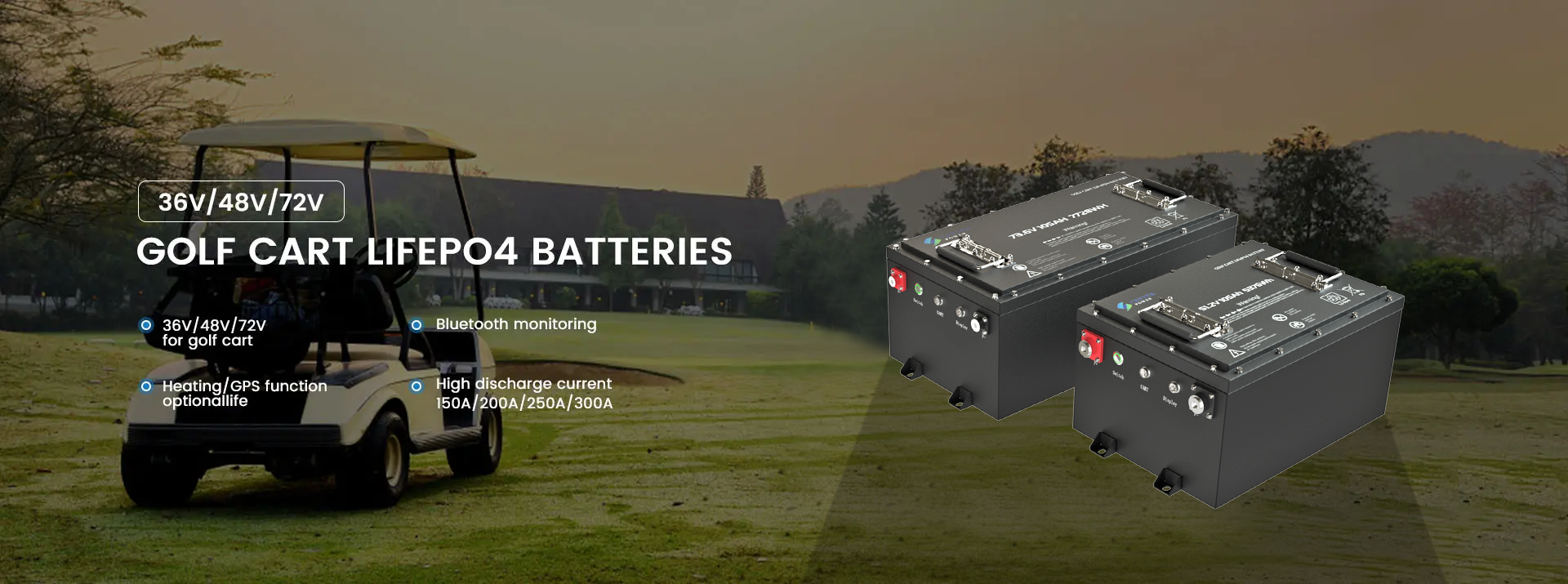A boat battery can die for several reasons. Here are some common causes:
1. Battery Age: Batteries have a limited lifespan. If your battery is old, it might not hold a charge as well as it used to.
2. Lack of Use: If your boat has been sitting unused for a long period, the battery might have discharged due to lack of use.
3. Electrical Drain: There could be a parasitic drain on the battery from something left on, such as lights, pumps, or other electrical equipment.
4. Charging System Issues: If the alternator or charger on your boat is not working properly, the battery may not be charging as it should.
5. Corroded Connections: Corroded or loose battery terminals can prevent the battery from charging properly.
6. Faulty Battery: Sometimes, a battery can be defective and lose its ability to hold a charge.
7. Extreme Temperatures: Both very hot and very cold temperatures can negatively impact a battery's performance and lifespan.
8. Short Trips: If you only take short trips, the battery might not have enough time to recharge fully.
Steps to Troubleshoot
1. Inspect the Battery: Look for any signs of damage or corrosion on the terminals.
2. Check Electrical Drain: Make sure all electrical components are turned off when not in use.
3. Test the Charging System: Use a multimeter to check if the alternator or charger is providing adequate voltage to charge the battery.
4. Battery Load Test: Use a battery tester to check the health of the battery. Many auto parts stores offer this service for free.
5. Connections: Ensure all connections are tight and clean.
If you're unsure about performing these checks yourself, consider taking your boat to a professional for a thorough inspection.

Post time: Aug-05-2024





